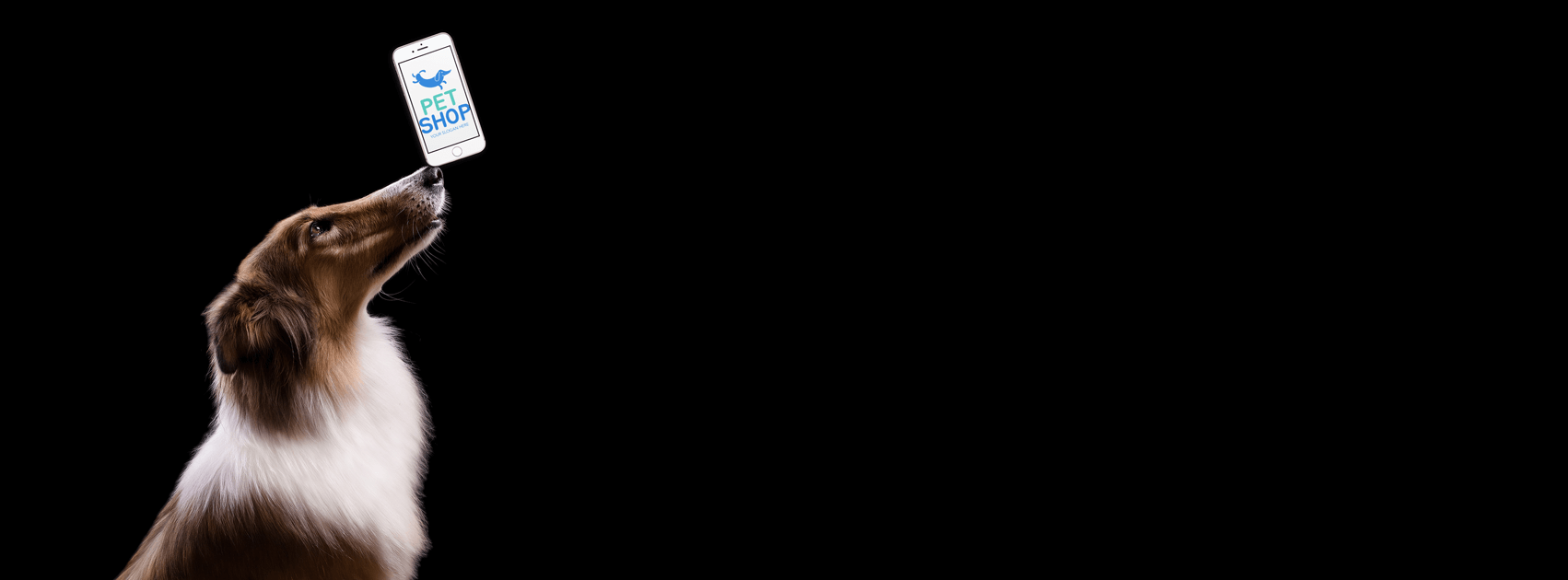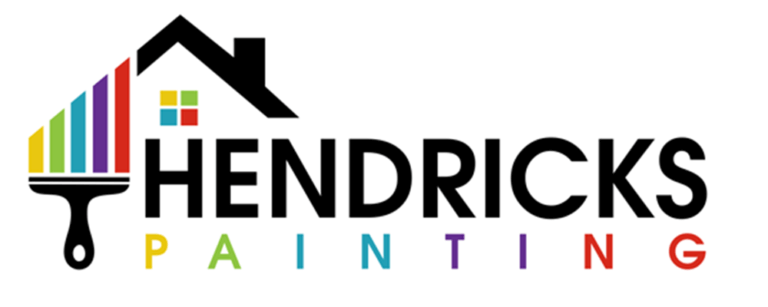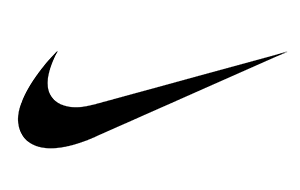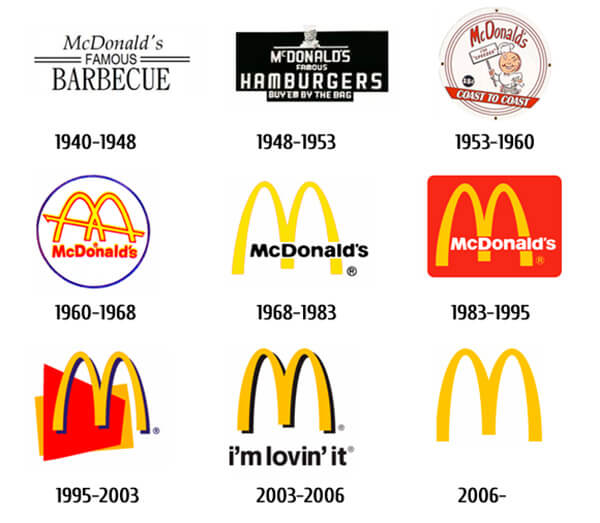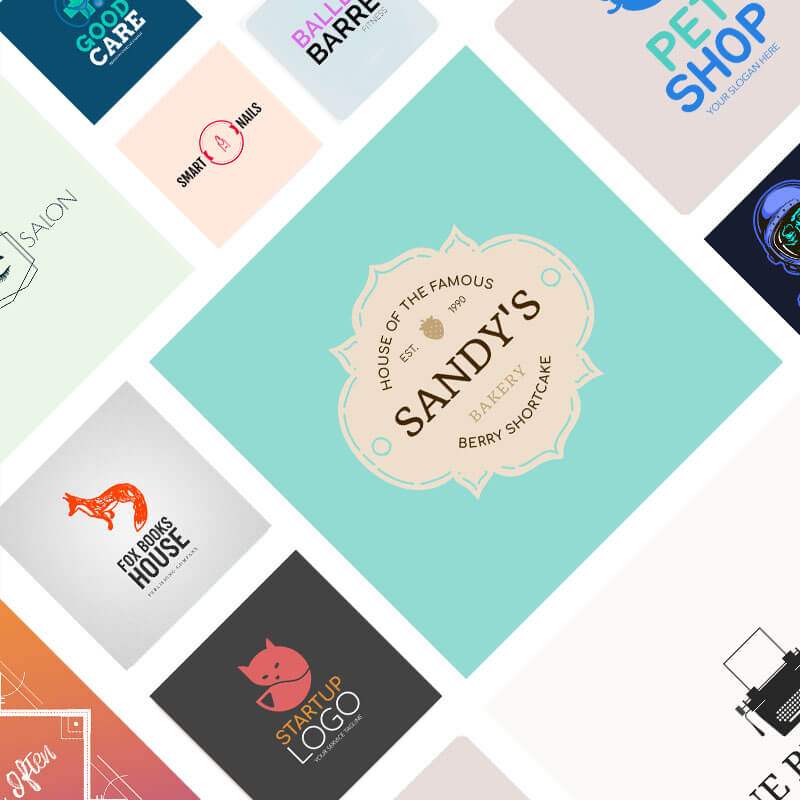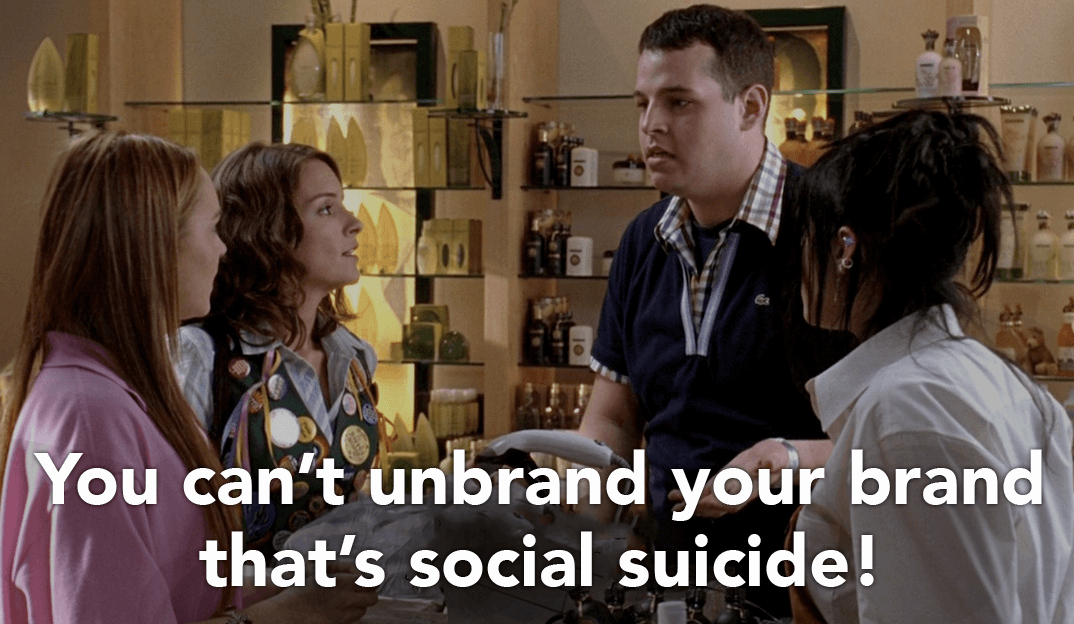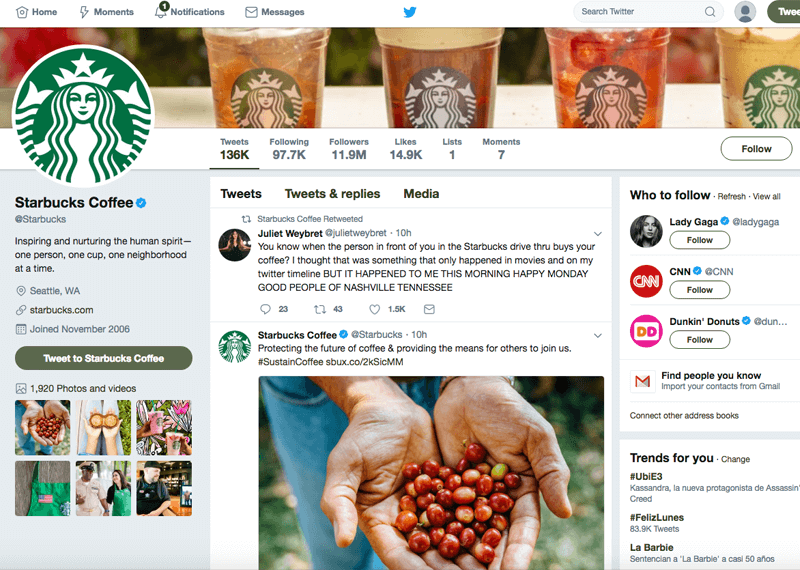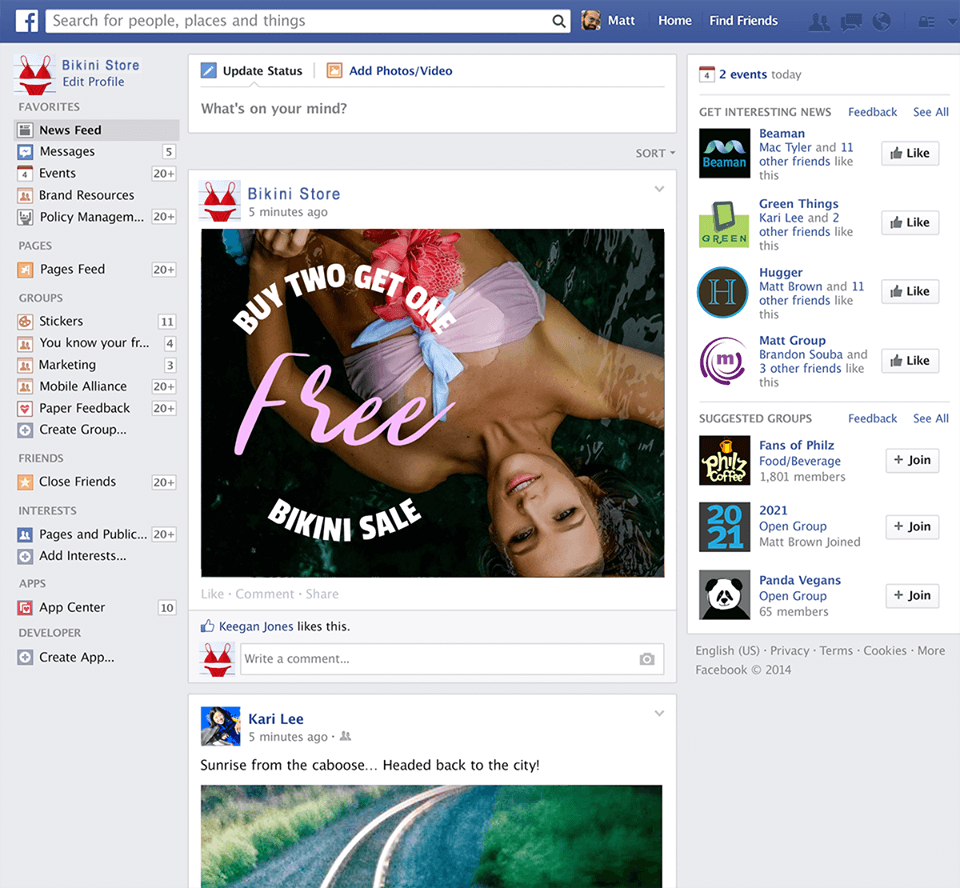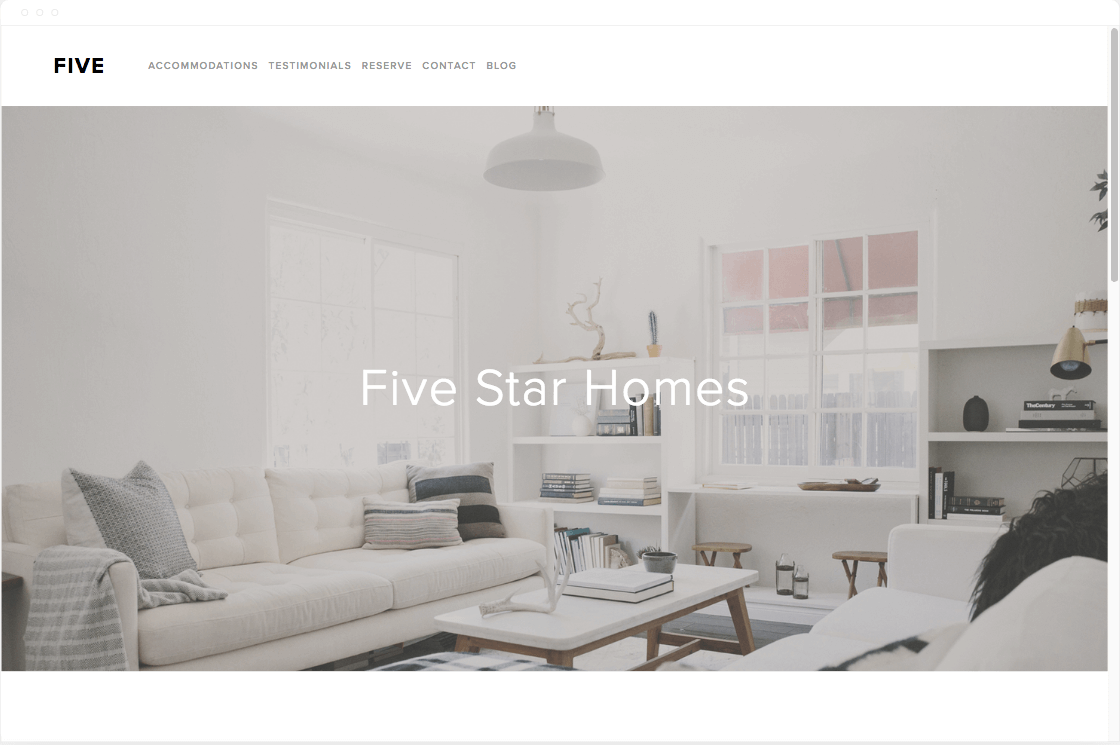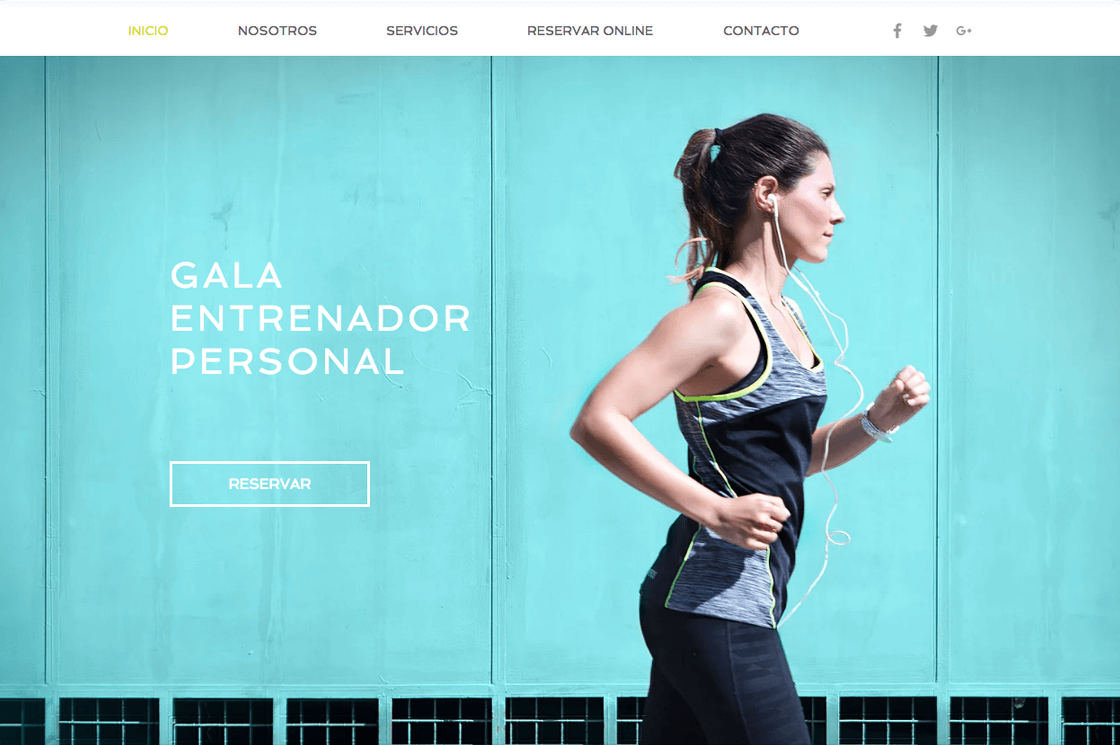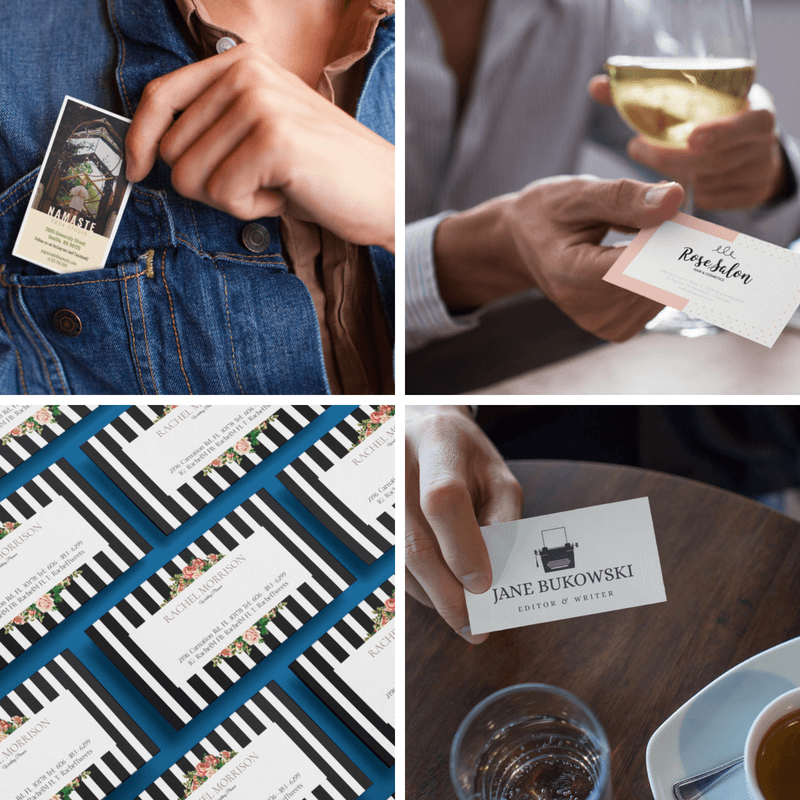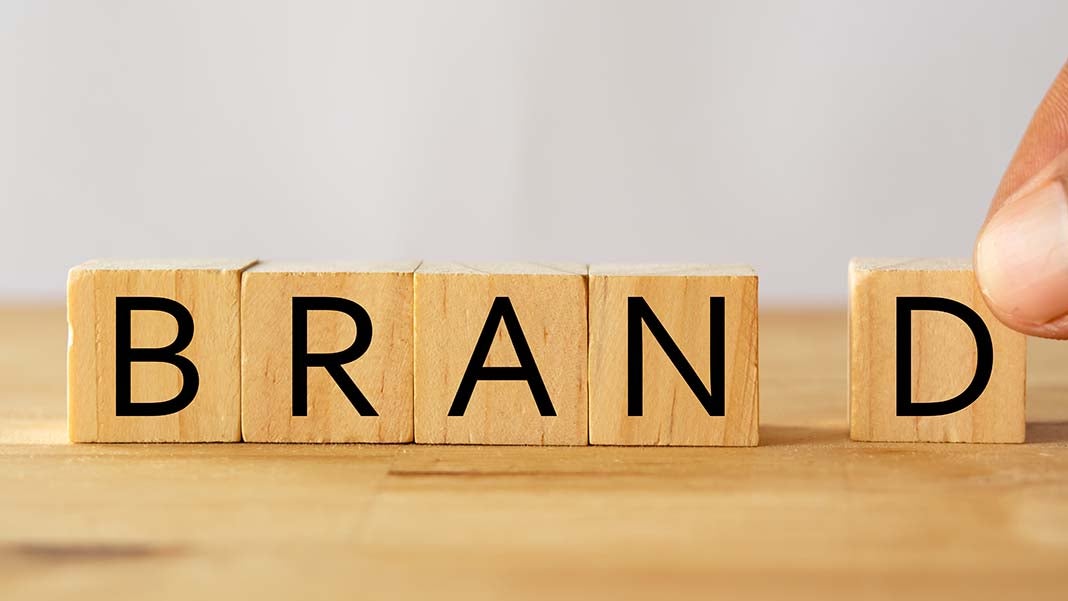
Becoming your own boss is a big thrill! However, it can be very overwhelming too, all the planning, all the responsibility is yours, and you probably want to see fast profit from all the time spent and all your efforts. Tag along to learn the basics of branding your small business like the pros.
“Look like an expert right from the start”
If you already have a great idea to start a small business, first of all, take your time to thoroughly choose your niche. This will affect every bit of your product or service characteristics from its image to the pricing.
Give yourself a time schedule and stick to it, with deadlines and everything. Being on your own boss sometimes is twice as overwhelming as working an office schedule. So don’t get lazy you need to work harder to make your small business launch.
Pro tip: online businesses require less capital investment
So let’s get started…
1. Brainstorm your brand from A to Z
Define your brand’s goal as a company, for your customers and for you. Don’t just consider your logo, think about your brand as a whole. Get inspired by other super companies you look up to. Look at their products, their services, their image, their strategies, you don’t have to be a genius to notice that Starbucks always calls their customers by their names so that they feel like they’re part of the brand. Take your time to really observe everything about your:
- Future competitors and
- The kind of business you would like to own
2. Determine Your Target Audience
You should be perfectly clear of your average costumer’s age, sex, town, likes, dreams, etc. This information is gold in order to adapt your small business branding to fit their needs and catch their attention. In this step, you should determine your competitive advantage.
3. Time to Get Real and Brand Your Image
Your logo stands to represent everything your brand means. Scout your competitions’ logos and identify which are more eye-catching and which are more forgettable so that you can establish a pattern and make an informed decision on your logo design. There are three kinds of logos you can choose:
- Font-based like IBM
- Illustrative logos (which basically displays what the company does)
- Finally, abstract logos like Nike’s swoosh
Keep it clean and functional. Even though some programs like Placeit’s logo generator does this for you, it is important that you remember that your logo is supposed to look clean and clear if you decide to design with other tools or software. Your logo should look good on a business card, banners, on your website, anywhere! Also, you might want to make the negative version too, this means having a design that both looks good over light or dark backgrounds, or having a light version and a dark version to contrast in either situation.
Use your logo to suggest your customers benefit, for example, if you open a laundry service and you want to state that it is the fastest in the market, then you can use a time-like graphic, a lightning or a tornado, for an architecture firm you might gravitate towards homes or abstract shapes. Be creative! Get inspired and more tips from these logos for different types of businesses.
A logo should attempt to be timeless, so don’t get too much into trendy fashions. With time, you will be able to make little adjustments and new versions but your logo essence should always be the same.
How to Make a Business Logo
Want to make your logo yourself? Save time and money and try an online logo maker. No two companies are the same, that’s why there are custom logo templates for many business niches. You can create a logo for your restaurant, travel agency, bar, or even use a band logo maker for your garage band. Feel free to try several out and find the one that best suits your brand.
Define your brand’s personality in order to decide what type of assets you are going to make (with light colors, soft fonts, bold fonts, etc.) This is very helpful when keeping consistency between all your visual assets.
Pro Tip: you can also make a logo animation video
Take It Further with a Logo Animation Video
This is a great idea to make your presentation and logo reveal way more exciting than just display your brand new business logo as a static image.
Is it really necessary? People get more attracted to animated content compared to traditional logos. It’s just… eye-catchy, it brings a plus to your logo, it’s fun and cheerful. Remember your logo plays an important role in your brand’s awareness so it just good sense to increase its level to get a more interested audience.
You can use it everywhere, on your social media, your brands presentation, a video, anything!
4. Create Core Branding Assets and Keep Them Consistent
Every single visual material has to be consistent with your brand, think of your logo, the fonts you use and your color palettes. Like I’ve said before, the difference between a successful brand and other less known ones has a lot to do with their branding consistency and their marketing efforts. So, the elements you use in your logo should also be present in your flyer designs, business cards, etc. When it comes to marketing collateral, be creative! You can boost brand exposure by adding your logo to other promotional products, including stickers, paper bags, posters, and others.
It takes a huge amount of marketing efforts and really good luck for a customer to even remember you over all the options in the market, you don’t want to make the mistake of giving him a piece a visual that doesn’t involve your brand’s identity. Imagine what would happen to Coca-Cola if it suddenly decided to change their color to blue!
5. Social Media Branded Images
Choose at least two social media networks to work with. Which two? That depends on your business. If your work is very visual your best bet is to try a platform like Instagram, instead of a text-based one like Twitter.
To post, and basically make it as your own community manager make a schedule on any platform or program you want, and do some research on the peak hours to post.
Schedule weeks in advance using your social media image designs along with great copy, hashtags, locations anything that each post needs, and make a calendar. This way you are ensuring that you post consistently. I recommend you use a scheduling platform like Hootsuite to do this. Another thing to keep in mind is the size of the images you post. If you use the same exact image for all of your social platforms, you risk having images get cut off or simply look off. Avoid this by creating images at the ideal size for each social media site.
7. Make a Website to Land Potential Customers
Create a website and/or social media pages. I recommend Squarespace, Wix, and Envato. Get to know these platforms to start building your online page. On the other hand, you might want to choose the best web hosting services and build a website on any other platform. If you are not sure what you would even put in there, then be practical: make a landing page where you can say what you sell, put examples of it, your contact information and your social media.
Squarespace
A landing page on Squarespace.
This platform is fairly simple to use to build striking sites, especially if you go for their templates, these are simply beautiful and offer more room for customization compared to the other sites. It supports multiple access levels: you can add multiple contributors including Administrators, Content Editors, Comment Moderators and other user types. It also allows the option to Import/export.
A great Squarespace feature is that it lets you to play with your code. It gives you access to the code version of your website so you can completely rebuild it in a professional way, keeping your site’s architecture clean, on the downside, it offers fewer app integrations.
WIX
A landing page on Wix
Wix is super easy to use, the control panel of Wix is divided into Dashboard and Editor. The Dashboard lets you easily manage your sites’ settings, and the Editor gives you a total website creation experience, Wix is perhaps the most user-friendly platform for building a website.
If your goal is to build a website without writing any codes, then Wix might be right for you. It offers enough tools to build a variety of websites: blogs, corporate websites, eCommerce sites and more. The flipside of the incredible ease-of-use of Wix is the inability to access your site’s source code. There’s no way to check and clean up your code. Users can’t even re-write auto-generated URLs that aren’t human-readable, but they can easily set up 301-redirects into custom URLs to those pages.
Wix offers a great collection of templates but once you choose and make your website, you can’t change it, so keep this in mind when choosing a site builder.
Envato sites
A landing page on Envato
With Envato Sites there is no need to start from scratch, hire or be a designer, each website comes with pre-designed blocks and if you need more, just add from the library. It’s a remarkably easy to use platform that will deliver beautiful results. Another great Envato Sites feature is it lets you add as many pages as you need to your website at no extra cost. All features are included for only $8 a month.
Envato’s professional templates look fantastic on all screen sizes and these designs integrate effortlessly with social media.
Whatever option you choose, keep in mind that great, high-quality images are a must. To create interesting images of your products, use print mockups that will highlight the quality of your work.
Looking for a cool banner?
You can also design amazing ad banners to put on your website for seasonal promotions, special offers and more!
8. Create a Dashing Business Card Design
Promote your new small business with personalized business cards. Giving your contact information by mail is very impersonal, there is a certain charm to having your own custom business cards. They are a great direct marketing strategy, it’s your customer’s first look at your brand and it shows that you are prepared.
You can also think about flyers, posters, online banners, etc. Any visual asset that helps you to spread the message clean and clear!
Small Business Branding Checklist
9. Mockups Are Very Helpful for Your Small Business Branding, Too
Always consider your brand in every communication opportunity with your customer. When starting a small business, you will have a tight budget, so at least for now, don’t spend a fortune on things that are not essential. For example, you don’t need to actually print branded packaging, you could simply make a mockup instead to have a branded package image to share online. Images online should have a great quality and be professional, if you don’t have these and you can’t hire a photographer just yet, think about using mockups. It’s a great way to save money.
Important Considerations
How quickly do you need money? This is a biggie, and something you can’t overlook. Products and services can take a while to be profitable so if you need a faster income, you might want to think about other income options in the meantime, freelancing, even a job while you get your own business going. As a freelancer, you’ll also have to develop your brand. For example, if you’re a writer you’ll need a writer persona, logo, etc.
Your pricing is a big deal too, research similar product price ranges, inform yourself on the pricing options you have, for example, if you’re offering a service, then two options are to charge by the hour or have a fixed salary. Also, think of what your customers can afford, but remember customers go out of their way to pay for the best.
Sometimes it’s hard to understand priorities when starting a small business. Every task is actually very important and it takes time to develop something great! Don’t feel overwhelmed, get your checklist and go one step at a time. Branding your small business helps you connect with your targeted audience and being identified by them too, so yes, it’s worth it.
“Any big brand that you’ve ever heard of could not have made it so big in absence of a well-thought-out branding strategy. Your brand could be the next, so what are you waiting for?”
Forbes


